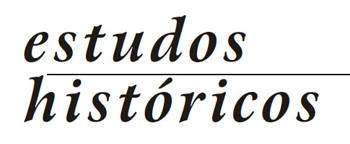ABSTRACT
The purpose of this article is to examine the creation of the Electoral Code of 1932 within a theoretical framework of democratization processes. Considering the premise that the appearance of a legitimate opposition was the main result of this institutional innovation, I investigate the reasons that led the main parties to support this change. To this end, I analyze party competition in the Brazilian First Republic based on the consolidated literature about the issue, and argue that the 1930 crisis can be interpreted as a political imbalance whose effect was to increase the cost of repressing the opposition. Additionally, I present the hypothesis that the modernization process was at the root of this imbalance.
KEYWORDS:
Political History of Brazil; Brazilian First Republic; Elections; Political Parties; 1932 Electoral Code
